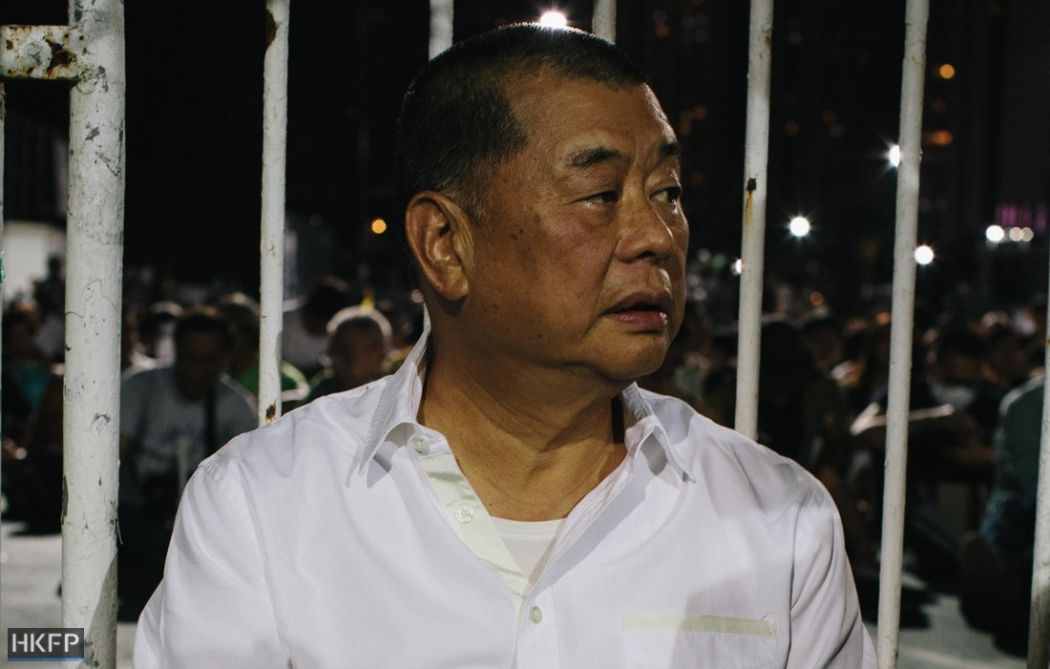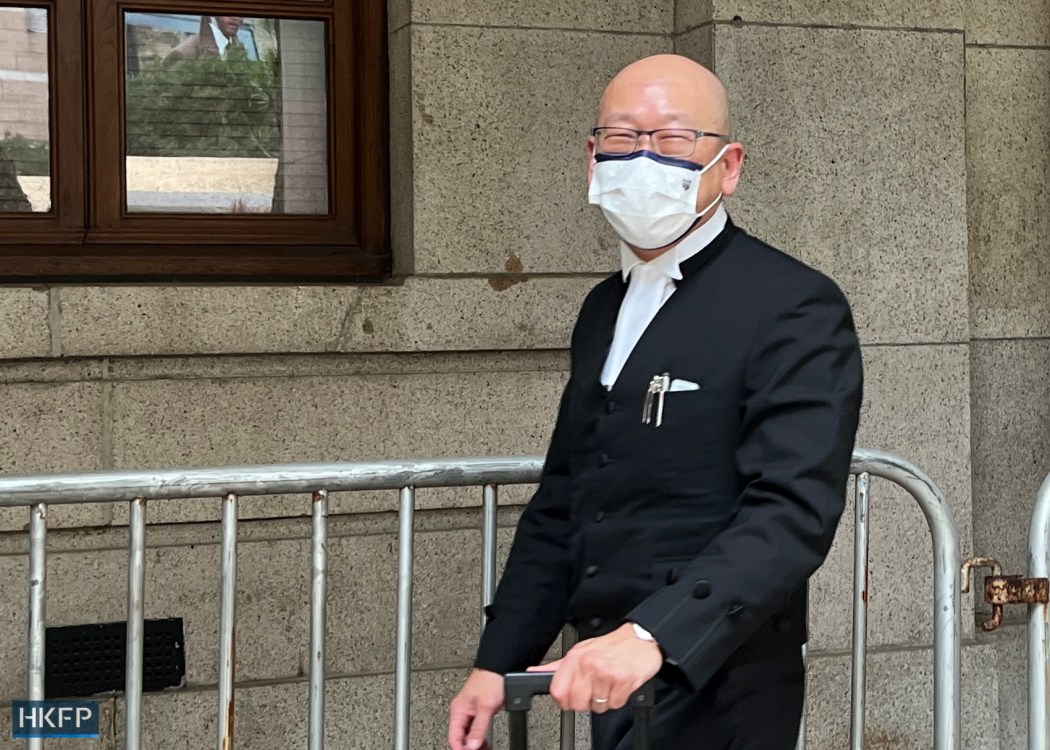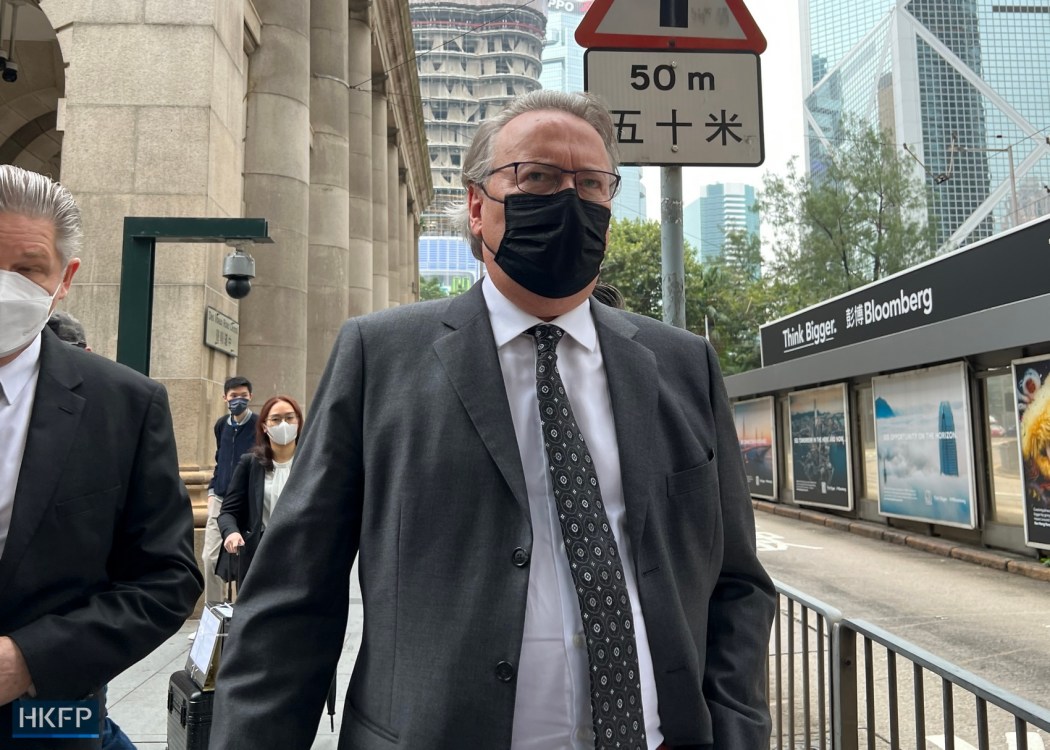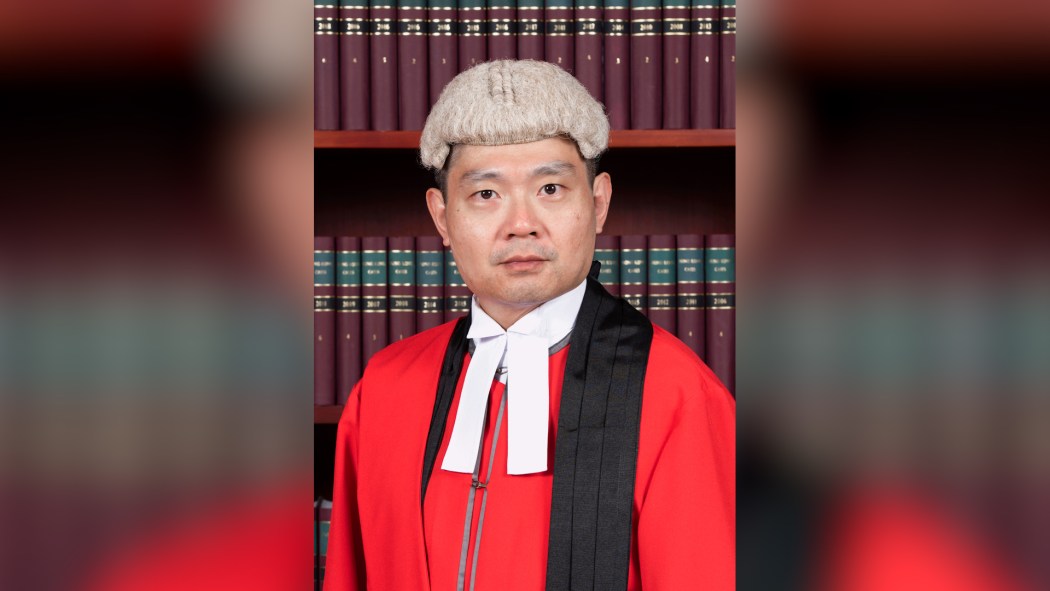Hong Kong pro-democracy media tycoon Jimmy Lai’s bid to halt the national security trial against him has been rejected by the city’s Court of First Instance.
A panel of three High Court judges – Esther Toh, Susana D’Almada Remedios, and Alex Lee – unanimously ruled on Monday against Lai’s application for a permanent stay of proceedings.

Lai, 75, filed an application to halt his trial last year, with his representative, Senior Counsel Robert Pang, presenting the arguments for its termination in court on May 2. Pang argued that blocking Lai’s overseas lawyer, King’s Counsel Timothy Owen, from representing him in the trial was “persecution not prosecution.“
Pang also said that there was a lack of transparency in the appointment of national security judges, including whether the city’s chief justice was consulted by the chief executive about the appointments.
Cases under the Beijing-imposed national security law and colonial-era sedition law have to be handled by a group of designated national security magistrates and judges appointed by the chief executive.

A “fair-minded” person may hold the perception that designated judges would prefer “not to rock the boat,” Pang said.
“In order to have an effective court, we have to have a court that is trusted, if there is any question about the independence and impartiality of the court… that cannot be allowed.”
Lai ‘can have a fair trial’
The panel of judges refuted Pang’s argument, saying handpicked judges were “subject to the Judicial Oath which all judges are required to take” under the Basic Law.
“Whilst the general power to designate judges to hear national security cases vests in the Chief Executive, the actual assignment of designated judges to hear individual cases remains the responsibility of the Court Leaders,” Monday’s ruling read.
Open court hearings, as well as the publication of judgements made by judges, were other factors “conductive to public confidence in the independence of the judiciary,” the judges ruled.

The court also rejected Pang’s argument that designated judges might subconsciously favour the government to continue to be appointed.
“The irony of [Lai’s] submission is that at the time of this judgement, some foreign elements are attempting to interfere with our judicial independence by threatening to impose ‘sanctions’ on judicial officers of all levels who have dealt with cases brought under the [national security law],” the judgement read.
The judges also said that the court’s decision to admit Owen “in spite of the stance of the executive and the criticism from some sectors of the society speaks loud and clear for the independence of the judiciary in Hong Kong.”
“In all the circumstances, it would not be an affront to the court’s sense of justice to be asked to try [Lai], as this Court can be sure that [Lai] can and will receive a fair trial before a panel of designated judges,” the ruling read.
No ‘bad faith’
On the alleged “bad faith” over Owen’s admission, the court ruled on Monday that there was “no absolute right to ‘choice of lawyers'” under the Basic Law.
“The right to ‘choice of lawyers’ means no more than that a litigant is free to choose his counsel from those available to represent him,” the judges ruled.

The chief executive was also “duty bound” to seek the interpretation from Beijing, even though national security grounds were not stated in the government’s first objections against Owen’s admission, the court ruled.
While Pang also raised concerns over the impact of public statements made relating to Lai’s case, the judges said that, “as professional judges” they will not be affected “in any way” by those statements.
The judges also upheld the national security committee’s decision, and said there was “no evidence that the [committee] was acting in bad faith.”
A case had not been made that there was “a collapse of the principle of ‘separation of functions,'” or that “the Executive has disregarded the ruling of the Court,” or that there had been “an attempt to erode judicial independence,” the judges ruled.

Based on the serious nature and the gravity of the alleged offence, the fact that the national security committee acted within its powers and there was no evidence of bad faith, that Lai’s right to “choice of counsel” was not absolute, and that the media tycoon “can have a fair trial,” the court said that “the balance clearly tips in favour of a trial.”
National security trial
Lai, who founded defunct pro-democracy tabloid Apple Daily, originally faced a total of four charges under the sweeping security legislation and the sedition law. He stands accused of two counts of conspiring to collude with foreign forces and one offence linked to allegedly seditious publications.
His other charge of collusion with foreign forces has been saved on court files, meaning that – while the prosecution reserve the right to prosecute – they cannot do so without a judge’s permission.
Lai has been detained since December 2020, and was sentenced to five years and nine months in prison last October in a separate fraud case.
The national security trial against the media mogul will resume in September this year.

Lai sought to hire Owen last year, with the Court of First Instance approving Owen’s admission application last October. Lai’s attempt to hire Owen sparked debate on whether foreign lawyers not qualified to practise in Hong Kong were allowed to take part in the city’s national security cases.
The government lodged three failed attempts from bar Owen from the trial. Chief Executive John Lee then invited Beijing to intervene following the top court ruling.

The Standing Committee for the National People’s Congress (NPCSC) passed an interpretation of the sweeping security legislation last December following Lee’s invitation, which stipulated that Hong Kong courts had to request a certificate from the chief executive on the matter.
If the courts failed to obtain certification from the chief executive, then the city’s Committee for Safeguarding National Security would have to step in, according to the NPCSC decision.
Following the interpretation, the national security committee decided in a private meeting that Owen’s admission would harm national security, and advised the director of immigration to deny any further visa applications from Owen for the case.
The national security committee decision was upheld by the High Court on May 19, after Lai filed a legal bid to challenge it.
The security law, enacted in June 2020, also criminalised subversion, secession and terrorist acts, which were broadly defined to include disruption to transport and other infrastructure.
The move gave police sweeping new powers, alarming democrats, civil society groups and trade partners, as such laws have been used broadly to silence and punish dissidents in China. However, the authorities say it has restored stability and peace to the city.
Support HKFP | Policies & Ethics | Error/typo? | Contact Us | Newsletter | Transparency & Annual Report | Apps
Help safeguard press freedom & keep HKFP free for all readers by supporting our team
























